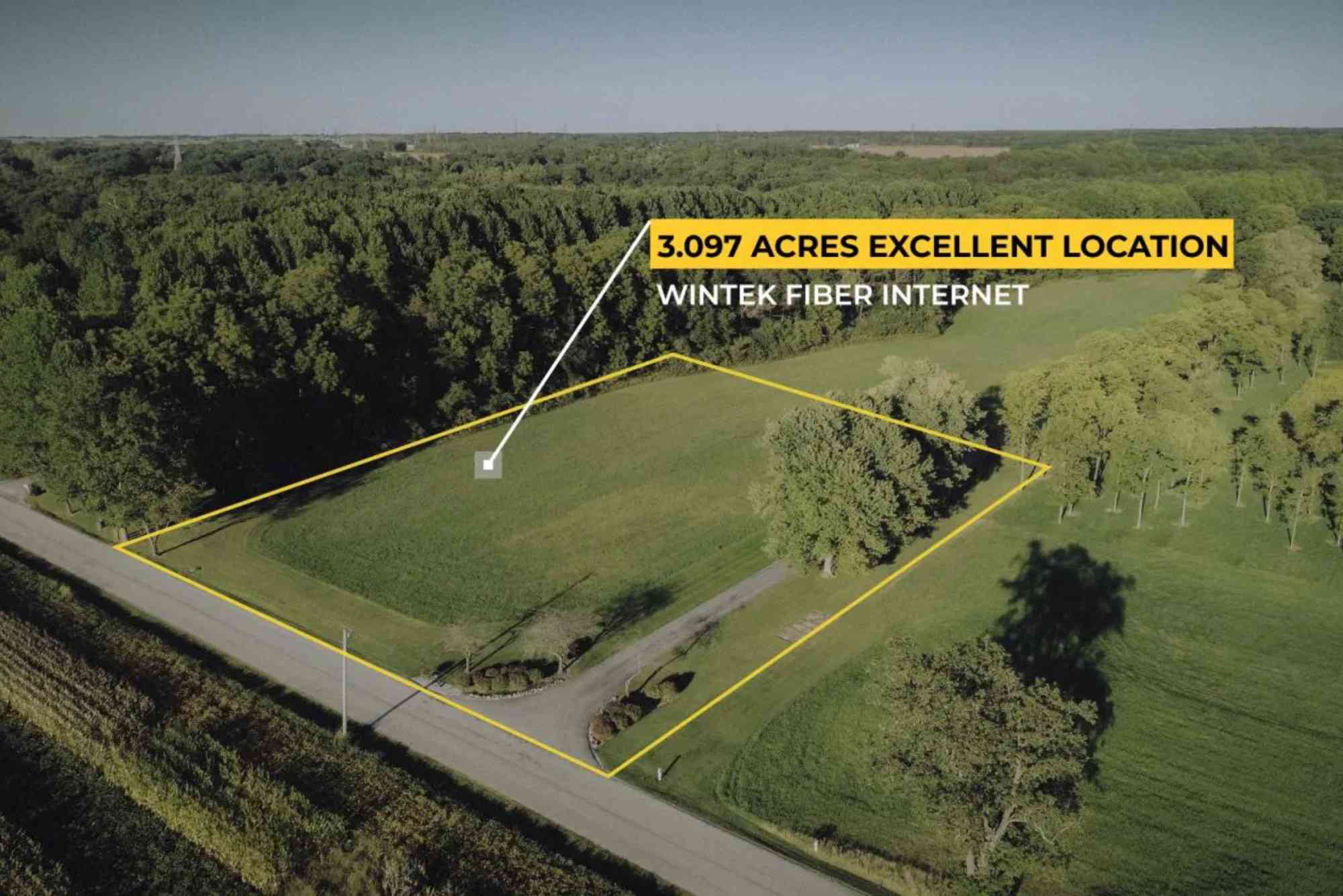Understanding how much to buy an acre of land is essential if you’re planning to invest in real estate. Whether you’re dreaming of a quiet rural retreat or preparing for commercial development, knowing the cost of land helps you make informed decisions.
But the price of an acre isn’t one-size-fits-all. It varies dramatically based on location, zoning, utility access, and even timing. In this article, we’ll walk you through what influences land pricing, current market trends, and what to consider before buying.
What Is an Acre of Land?
Before diving into prices, let’s clarify what an acre actually is. An acre is a unit of area used primarily in the U.S. and UK. It equals 43,560 square feet or about 4,047 square meters.
To visualize it: an acre is roughly the size of a football field, excluding the end zones. This helps provide some context as we explore how much to buy an acre of land in different scenarios.
Factors That Influence Land Prices
Many variables determine land cost. Understanding them can help you assess value and avoid overpaying.
xLocation, Location, Location
Perhaps the biggest factor is where the land is. Land near cities or economic hubs commands higher prices. Conversely, remote rural land is more affordable but may lack infrastructure.
- Urban areas: Expect premium pricing due to demand.
- Suburban zones: Generally moderate pricing with good access to services.
- Rural land: Cheaper, but may need more investment in utilities and access.
Land Use and Zoning Laws
Zoning laws determine what you can do with the land—residential, commercial, agricultural, or industrial.
Residential and commercial zones tend to cost more per acre than agricultural or undeveloped land. You should always verify zoning rules before buying to ensure they align with your goals.
Access to Utilities and Infrastructure
If land comes with access to electricity, water, sewage, or paved roads, it will naturally cost more. Raw land that lacks these essentials may appear cheaper but can require significant investment later.
Topography and Soil Quality
Flat land is easier to build on. Similarly, fertile soil is more desirable for farming. Hilly or rocky terrain often reduces usability, and therefore, its price per acre.
Market Demand and Timing
Real estate is affected by macroeconomic trends. When interest rates are low or housing is in demand, land prices rise. Conversely, during a recession, land prices may drop, offering buyers better deals.
Average Cost Per Acre in Different Regions
So, how much to buy an acre of land really depends on geography. Here’s a simplified breakdown:
- United States: Rural land can range from $1,000 to $10,000 per acre. Urban areas may go up to $1 million per acre.
- United Kingdom: Prices vary from £5,000 in rural Scotland to over £1 million near London.
- India: Agricultural land in remote areas may cost ₹2–5 lakhs per acre, while metro city plots can be ₹5 crore or more.
- South Africa: Prices can range from R10,000 in remote areas to over R1 million per acre in developed zones.
The key takeaway? Always research the local market when evaluating how much to buy an acre of land.
Buying Land vs. Buying a House
Buying land differs from buying a house in many ways:
- Financing: Land loans are harder to obtain and often require larger down payments.
- Permits: You may need special permissions before building.
- Return on Investment: Raw land may appreciate slower but offers long-term value.
Buying land is more flexible but requires more upfront research and due diligence.
Tips Before You Buy an Acre of Land
It’s not just about asking how much to buy an acre of land. It’s also about making a wise investment. Here’s what to consider:
Conduct a Title Search
Ensure the land has a clear title, free from liens or legal disputes.
Verify Zoning and Land Use
Make sure the land is zoned for your intended use. You don’t want to find out after buying that you can’t build.
Check Access and Road Rights
Legal road access is essential. Landlocked property may seem cheap but can cause serious headaches later.
Survey the Land
Hire a licensed surveyor to confirm boundaries. What’s on paper doesn’t always match real-world markers.
Investigate Water and Soil
If you plan to farm or build, testing the soil and checking for a reliable water source is critical.
Financing an Acre of Land
Land financing options differ based on the type of land:
- Raw Land Loans: For undeveloped plots. Higher risk means higher interest rates.
- Improved Land Loans: Land with utilities or roads often qualifies for better rates.
- Seller Financing: Sometimes the seller is willing to finance the sale directly.
You might also need to provide 20%–50% as a down payment, depending on the land type and lender.
Is Buying Land a Good Investment?
Many people wonder if buying land is worth it. Here’s the truth: land doesn’t depreciate. It’s finite, and demand generally grows over time.
Benefits include:
- Long-term appreciation
- Low maintenance
- Fewer market fluctuations compared to buildings
However, returns can take years. If you’re buying land to build or develop, the timeline to profit will be longer.
Make an Informed Land Purchase
So, how much to buy an acre of land? The answer lies in many variables—location, land type, zoning, and more. It’s not just about price but about value. A low-cost acre may end up costing more if it’s hard to develop.
If you’re serious about buying land, do your research. Visit properties, ask questions, and work with professionals like realtors or land use attorneys.
Ready to start your land search? Speak to a local expert today and explore the possibilities of land ownership.
Frequently Asked Questions (FAQs)
How much is 1 acre of land worth?
The value of an acre depends on its location, zoning, and condition. In rural areas, it might be under $5,000, while in cities, it could exceed $1 million.
Can I get a loan to buy land?
Yes, but land loans usually require higher down payments and interest rates. Lenders see land as a higher-risk asset.
Is buying land a good investment?
Yes, especially for long-term investors. Land is a finite resource and typically gains value over time.
What is the cheapest state to buy land in the U.S.?
States like Arizona, New Mexico, and Mississippi often have the lowest land prices due to abundant rural space and lower demand.
How do I check land ownership?
You can search property records at your county’s recorder office or hire a title company to verify land ownership and history.





